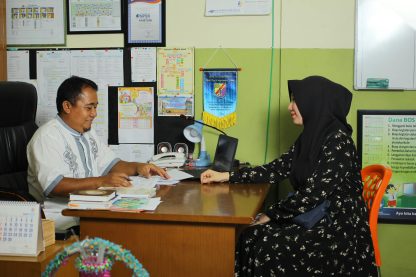Table of Contents
Understanding the Babysitter’s Age and Experience
When hiring a babysitter, it is essential to consider their age and level of experience. While there is no set age requirement for babysitters, it is generally recommended to hire someone who is at least 13 years old. Babysitters who are younger than 13 may not have the maturity or experience necessary to handle potential emergencies or properly care for your child.
In addition to age, consider the babysitter’s experience with children. Ask about any previous babysitting jobs, experience with children of similar ages to your child, and any relevant certifications such as CPR or first aid training. A babysitter with more experience will likely be better equipped to handle various situations that may arise while caring for your child.
On-Demand Childcare in Your Neighborhood
Book a Sitter
Safety and Emergency Preparedness
Ensuring the safety of your child should be a top priority when hiring a babysitter. Provide your babysitter with detailed instructions on safety procedures, including how to handle emergencies such as injuries, fires, or severe weather. Make sure your babysitter knows the location of emergency exits, first aid supplies, and important contact numbers, including your own and emergency services.
It is also important to discuss any specific safety concerns or precautions that are unique to your child, such as allergies, medications, or special dietary needs. Clearly communicate any instructions or restrictions that your babysitter needs to be aware of to keep your child safe and healthy while in their care.
Setting Boundaries and Rules
Establishing clear boundaries and rules with your babysitter is essential for ensuring that they understand your expectations for their behavior and interactions with your child. Clearly outline guidelines for discipline, screen time limits, meal times, bedtime routines, and any other specific rules that you want your babysitter to follow.

Encourage open communication with your babysitter and provide them with the opportunity to ask questions or seek clarification on any rules or expectations that may be unclear. Setting boundaries and rules from the outset will help prevent misunderstandings or conflicts and ensure that your child receives consistent care while you are away.
Age-Appropriate Activities and Interactions
When choosing activities and interactions for your babysitter to engage in with your child, it is important to consider your child’s age and developmental stage. Provide your babysitter with information about your child’s interests, hobbies, and favorite activities to help them plan engaging and age-appropriate experiences.
Encourage your babysitter to interact with your child in a positive and supportive manner, promoting play, creativity, and learning. Suggest age-appropriate games, crafts, books, and outings that will keep your child entertained and stimulated while in their care.
Monitoring the activities and interactions between your child and babysitter can help ensure that your child’s needs are being met and that they are enjoying their time with their caregiver.
Communication and Feedback
Maintaining open communication with your babysitter is key to a successful and positive babysitting experience. Provide your babysitter with contact information and encourage them to reach out with any questions, concerns, or updates while caring for your child. Likewise, make yourself available to answer any questions or provide guidance as needed.
After each babysitting session, provide feedback to your babysitter on their performance, including any strengths, areas for improvement, or situations that may have arisen. Use this feedback as an opportunity to reinforce positive behaviors, address any concerns, and communicate your expectations for future babysitting sessions. By fostering open communication and providing constructive feedback, you can build a strong relationship with your babysitter and ensure the best possible care for your child.
In conclusion, understanding age-appropriate guidelines for your babysitter is essential for ensuring the safety, well-being, and happiness of your child while you are away. By considering the babysitter’s age and experience, safety and emergency preparedness, setting boundaries and rules, age-appropriate activities and interactions, and communication and feedback, you can help your babysitter provide the best possible care for your child. By working together and setting clear expectations, you can build a positive and trusting relationship with your babysitter and feel confident that your child is in good hands.










